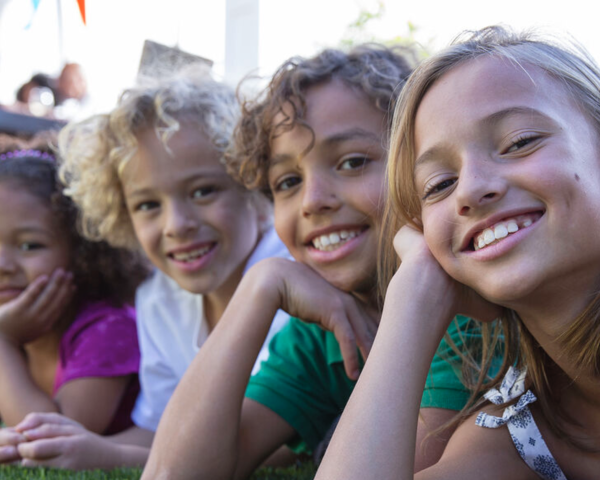Supporting children after trauma: how to talk about distressing events

Children rely on the adults around them to feel safe and secure. When a frightening or distressing event disrupts this sense of safety, it can have a significant impact on a child’s wellbeing. Whether the trauma is experienced directly through events such as a natural disaster, accident, or death or encountered through media exposure, the way adults respond is critical in supporting a child’s recovery.
Victoria’s Better Health Channel outlines key strategies for helping children cope after trauma, including how to talk about the event and recognise signs of distress.
Understanding children’s responses to trauma
Children react to trauma in different ways depending on their age, stage of development, personality, and the level of disruption experienced by their family or carers. Some children may withdraw or revert to younger behaviours, while others may become anxious or preoccupied with the event.
Common responses can include:
- Loss of interest in play or other activities
- Repetitive retelling or drawing of the event
- Clinginess, separation anxiety or sleep difficulties
- Physical symptoms such as headaches or stomach aches
Some children may appear to be coping initially, only to experience delayed reactions days or weeks later.
Creating a supportive environment for recovery
Routines, reassurance and responsive relationships form the foundation for recovery. Maintain consistent family routines as much as possible and avoid introducing significant changes or new expectations while a child is still processing the event.
Children benefit from:
- Time and space to play and engage in familiar, enjoyable activities
- Adequate rest, relaxation, and opportunities for physical activity
- Nutritious food and a calm, predictable environment
Parents and carers should also be mindful of their own wellbeing, as adult reactions strongly influence how children process and recover from trauma. Seeking support when needed sends an important message to children about the value of looking after mental health.
Talking to children about traumatic events
Bringing the event into the open can help children feel less isolated. It’s important to listen without judgement and to speak calmly and clearly, using language appropriate to the child’s level of understanding.
Suggestions for communicating include:
- Reassure the child that they are safe only if this is true and repeat this reassurance as often as needed
- Provide honest, age-appropriate explanations of what happened, avoiding frightening or overly detailed accounts
- Correct any misunderstandings, particularly for younger children who may mistakenly believe they caused the event
- Acknowledge that different people react in different ways and that their feelings such as sadness, anger or confusion are normal
- Encourage open discussion within the family, allowing all members, including children, to express their thoughts and emotions
Even small choices can restore a child’s sense of control. Offering limited options (such as choosing what to eat or wear) can help them feel more secure.
When to seek additional help
If a child’s distress persists or begins to interfere with their everyday life, families are encouraged to seek professional support. This can include speaking with a general practitioner, maternal and child health nurse, paediatrician or a mental health professional with experience in child development.
There are also dedicated support services that can provide advice and counselling:
- Lifeline – 13 11 14
- Kids Helpline – 1800 55 1800
- Parentline – 13 22 89
- beyondblue – 1300 22 4636
- GriefLine – 1300 845 745
- Bravehearts – 1800 272 821
For more information, visit Victoria’s Better Health Channel
Popular

Policy
Economics
Jobs News
Provider
Workforce
Children’s Services Award changes finalised to address gender-based undervaluation
2025-12-12 06:58:10
by Fiona Alston

Economics
Provider
Quality
Jobs News
Policy
Practice
Workforce
The year in review: 2025's most impactful ECEC news stories and shifts
2025-12-16 07:32:18
by Fiona Alston

Workforce
Quality
Research
When did it start to go wrong?
2025-12-18 08:00:46
by Fiona Alston















